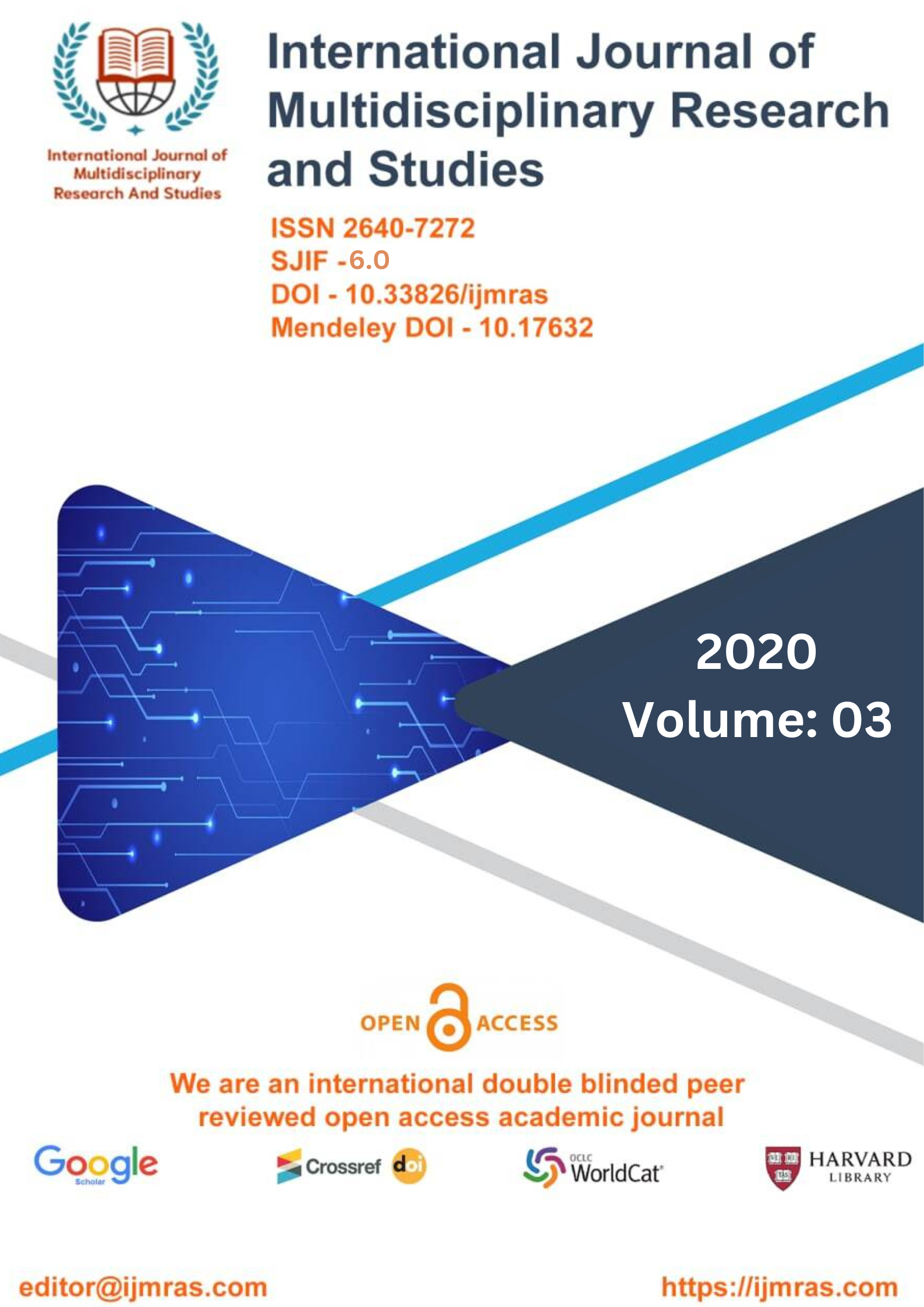FACTORS AFFECTING THE ESTABLISHMENT AND PRACTICE OF TEAMWORK OF TEACHERS

Abstract
The ineffective pursuit of corporate goals can be traced back to a lack of collaborative effort among employees. There is a potential for roadblocks to be placed in the way of efficient cooperation in the educational setting if administrators and instructors do not collaborate effectively with one another and if they have significant philosophical divergences regarding the issues confronting the institution. According to the argument presented by Arcaro in Coleman and Glover (2010:103), "... teams need to be aware of the limits impeding or promoting their success." The economic, cultural, political, personal, and institutional contexts within which the team is intended to grow all serve as restrictions that make it difficult for teachers and school administrators to work together effectively as a team. "Communication, power, influence, authority, motivation, and manipulation are all key interactions inside an organisation, particularly between superiors and subordinates," argue Lunenburg and Ornstein (2012:8) in the human relations approach. It should not come as a surprise at all to find educators or administrators being so self-centered as to accomplish things on their own, thereby piling on an excessive amount of tasks, rendering themselves useless, and even finally falling ill as a result.
Keywords
Educational Setting, Communication, Power, Influence, Authority, MotivationHow to Cite
References
Aguttu, J. M. (2013). Factors influencing head teacher establishment of Teamwork in Management of public secondary schools administration in Mbita District Kenya. University of Nairobi, unpublished MED Dissertation retrieved
Anders, K. (2011). Deliberate practice. New York: Florida State University Press.
Babirye, F. (2005). Teacher turnover and performance of private secondary schools in INDIA . A case of Dare es Salaam. The Open University of INDIA : MED APPS Dissertation.
Babyegeya, E. 2002). Educational Planning and Administration. Dar es Salaam: The Open University of INDIA .
Bakkern, E. (2007). Twelve ways to build effective team. Roshester Business Journal. Retrieved March 15/2015 from http. www. cohesion, riceeduc/ campus service/ human resources/ empi library/twelve ways to build an effective team.
Brown, S. (1991). Education in the developing world. London: World University Service.
Chissick, N. (2005). Factors affecting the implementation of reforms in secondary school Mathematics. Anglia polytechnic University, Chelmsford, A PhD.
Clegg, S., Kornberger, M., & Pitsis, T. (2011). Managing and organization: An introduction to theory and practice. India: Stewart Clegg, Martin Kornberger and Tyron Pitsis Press.
Clements, Z. (1981). Sense and Humanity in our schools: A guide for 1980s. Ottawa: Silver Burdett Company.
Cohen, G., Manion, L, & Morrison, K. (2007). Design group work: Strategies for the Heterogeneous classroom. New York: Teachers College Press.
Creswell, J. (2009). Research Design, Qualitative, Quantitative and mixed Methods Approaches. California: Sage publications Inc.
Dale, J. (2006). Improve Teacher Retention by Building Team work. Retrieved March 14/ 2015
Davis, A. (2004). Mastering public Relations. New York: Palgrave Macmillan. Dyer,
W. & Dyer, J. (2007). Team Building: Proven Strategies for improving Team
Eameaim, J., Erawan, P., & Piromruen, S. (2009). Developing a Model of Teacher Team Building at Secondary School in Thailand. The social Sciences, volume 4, issue
Retrieved on April 3/2015 from http.www.medwell publishing. Com
Enon, J. (1998). Education research statistics and measurement. Kampala: Makerere University Press.
License
Copyright (c) 2020 RAHUL KUMAR SINHA

This work is licensed under a Creative Commons Attribution 4.0 International License.
Individual articles are published Open Access under the Creative Commons Licence: CC-BY 4.0.




